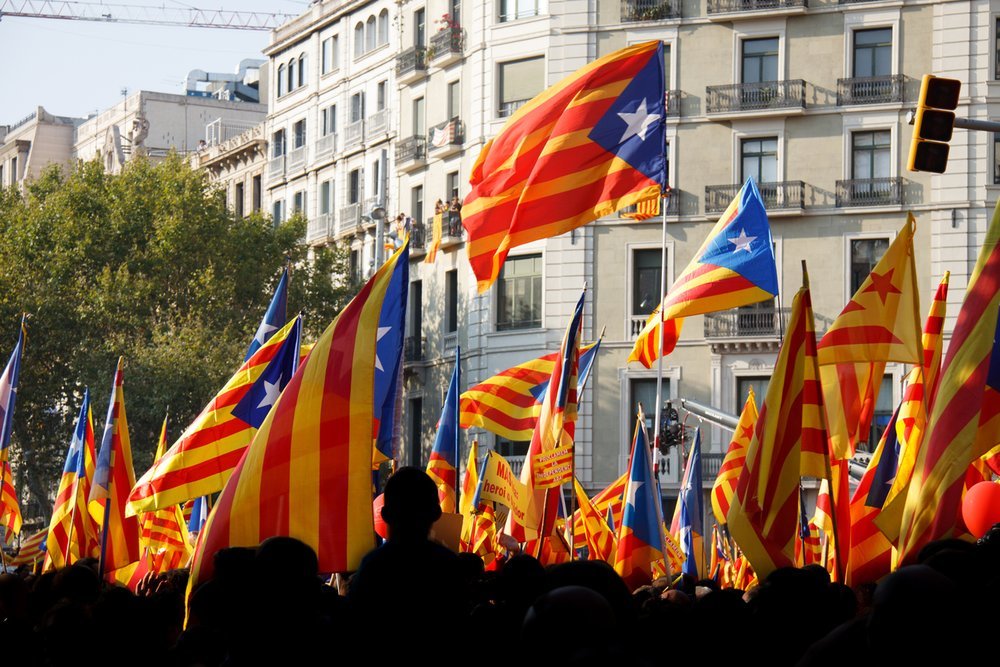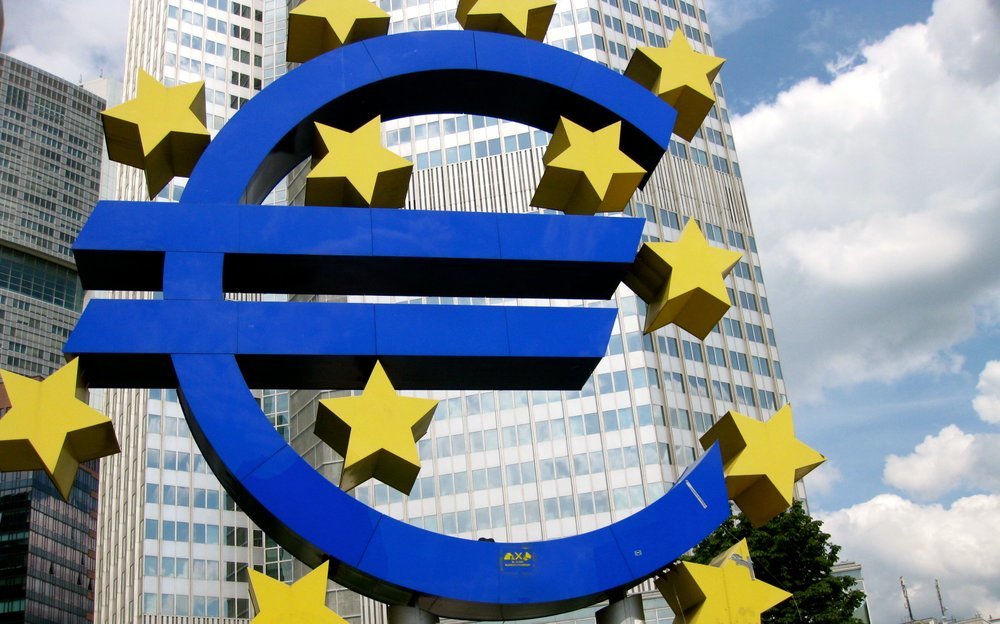
Lessons Learned from Spain Following the Euro Crisis

Spain’s Sustained Recovery
About six years back, it appeared that Spain was the worst economic calamity of the European Union. However, the country’s economy has recovered and is now in a better economic state. The sustained recovery of Spain’s economy has been attributed mainly to structural reforms as well as a bit of good fortune.
The country currently ranks second on a list of countries with the highest life expectancy in the world, a solid healthcare service and a world-class transport system which makes it a satisfactory place to live. What more, the xenophobic attitude typical to other parts of Europe has little preeminence in the Spanish politics.

The country currently has ranked second on a list of countries with the highest life expectancy in the world
However, sources claim that those in the country see things differently. Reportedly, the 2009-2013 slump revived healing economic wounds. Reportedly, the country still has high inequality and even more low earning workers than it had in 2008. In addition, the real wages have also slumped, many young Spain citizens have been left with no other option than to put on hold their career plans, plans to own a home and raise children.
Spain’s Political State
The political state in the country also reflects this as the stable two-party system which existed was in 2015 overshadowed by hung parliaments, and two parties: Ciudadanos which is a centrist party similar to what currently exists in France and Podemos which is radical sprung up. The radical Podemos party is labelled an indication that the country is yet to separate itself from populism entirely. There is also the Catalan nationalism which has majorly grown into separatism. These parties in varying ways have challenged the broad consensus which is the basis of the 1978 democratic constitution.
Although the country needs no refounding, experts have opined that it is in need of additional reform and this would be the function of the new Socialist Prime Minister, Pedro Sánchez. The Prime Minister’s first duty will be to ensure that the recovery isn’t halted.
The reduction of the burdened effect of public debt, i.e., 98% of the GDP, is also vital to ensure that Spain is not affected by another downturn. Rather than a repeal of the labor reform introduced by the former Prime Minister Rajoy as clamored for by some socialists, the new socialist prime minister has been advised to reduce the abuse that characterizes temporary contracts. Besides, he has also been advised to put in more efforts on revamping the education sector and skills training and spend more on the younger generation rather than on raising unsustainable pensions.

Although Spain needs no refounding, experts have opined that it is in need of additional reform and this would be the function of the new Socialist Prime Minister, Pedro Sánchez
Catalonia Independent Declaration
Catalonia currently has the trickiest problem with its population of 7.5milllin people that accounts for a fifth of the country’s economy. The community is divided into two due to the actions of the part of its separatists which led to an unconstitutional referendum as well as unilateral independence declaration. Their actions had the foreseeable consequence of leading to a sharp reaction from the central government.
Typical to most European democracies, Spain has an explicitly written constitution that upholds the unity of the nation and any referendum based on independence tends to be duplicated in other regions. The effect of such could ultimately lead to the breakup of the country. As such, international law attaches no recognition of self-determination right by a region that is a part of an advanced democracy. In addressing the issues posed by Catalonia as well as the grievances of a significant minority of the people, the former Prime Minister was reportedly unable to strike a balance between proportionality, firmness, and understanding.
The influence of Spain’s independent but bovine Judiciary has also allegedly worsened the state of things. Analysts claimed that charging the former Catalonia President, Carles Puigdemont and his colleagues with rebellion under a law with the primary purpose of putting an end to military coups amounted to a self-defeating act. As expected, a German court ruled that the President could only be extradited on a lesser charge which prompted the Spanish court to turn from the initial charge.
Sources claimed the current Prime Minister had adopted a better approach by commencing dialogues with the current Catalonia President. The Prime Minister reportedly raised the suggestion of amending Catalonia’s home rule statute and getting the Catalans to cast their votes on doing so. Some have suggested that Spain needs to review its decentralization system as it is arguable that a country with diverse communities is best governed in the manner of Federal Germany rather than the centralized system adopted in France. However, that begs for constitutional changes which may be a political difficulty.
More in Advisor
-
`
Matthew Perry Foundation Launches Addiction Fellowship at MGH
The impact of addiction on individuals and families is profound, and the need for specialized medical care in this field has...
February 13, 2025 -
`
Celebrity Couples Who Have Ended Their Relationships in 2025
2025 has already seen its fair share of celebrity breakups, and the year is just getting started. From heartfelt announcements to...
February 6, 2025 -
`
How Trump’s Policies Will Reshape Artificial Intelligence in the U.S.
The United States witnessed a significant political shift as Donald Trump took the presidential oath once again. His return to the...
January 31, 2025 -
`
Millie Bobby Brown Shuts Down Age-Shamers with a Powerful Message
From the moment Millie Bobby Brown first appeared as Eleven in “Stranger Things,” she captured hearts worldwide. But growing up in...
January 25, 2025 -
`
Why Outsourcing Payroll Services Is a Smart Business Move
Managing payroll is no small task—it’s a crucial part of any business that ensures employees are paid accurately and on time....
January 15, 2025 -
`
These AI Stocks Should Be on the Watch List of Investors in 2025
The buzz around AI stocks is growing louder than ever. With artificial intelligence shaping industries like healthcare, finance, and tech, smart...
January 8, 2025 -
`
Why the Starbucks Workers Strike Is Expanding Across U.S. Cities
The Starbucks workers’ strike has gained significant momentum, with employees in more U.S. cities joining the movement to address unresolved issues...
January 2, 2025 -
`
Are Shawn Mendes and Camila Cabello Still Close After Breakup?
The connection between Shawn Mendes and Camila Cabello continues to intrigue fans worldwide. Their shared history, from chart-topping collaborations to a...
December 24, 2024 -
`
Here’s What It Takes to Become a Professional Physical Therapist
Physical therapy is a career that blends science, empathy, and problem-solving to help people recover from injuries or improve mobility. Knowing...
December 19, 2024















You must be logged in to post a comment Login